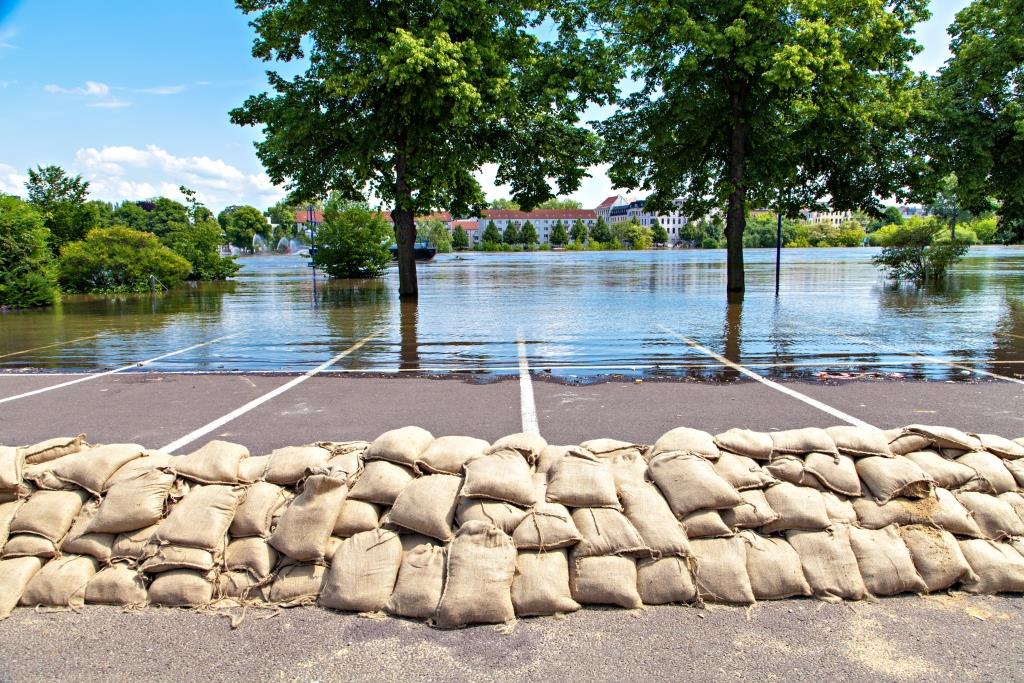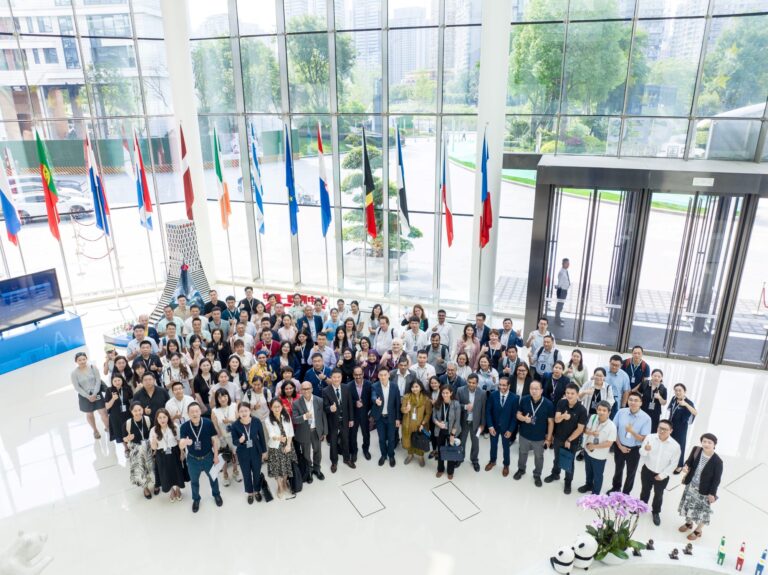Resilient Cities Asia Pacific congress calls for action on urban resilience
“People should be at the core of building urban resilience”
13 February 2015, Bangkok, Thailand: Mayors and municipal leaders from the Asia Pacific region have called for a more concerted and coordinated action to build resilience and adapt to the intensifying impacts of climate change.
“There is a need to do things differently; to be prepared; to innovate; to constantly learn and adapt; and to enact the full spectrum of resilience actions, including disaster prevention, preparedness, response and recovery, for current and projected risks”, state the mayors and municipal leaders in the “Bangkok Call for Action Towards Urban Resilience in the Asia Pacific”.
The Bangkok Call for Action was agreed today at the closing of the inaugural Resilient Cities Asia Pacific congress. The congress brought together over 300 city leaders and experts to exchange tried and tested solutions on managing risk and building resilience in Asian cities.
The population of Asian cities is expected to reach 1.8 billion in 2030. According to UN estimates, 8 out of 12 disasters that happened between 2000 and 2010 happened in the region.
The triple whammy effects of urbanization, climate change and globalization prompted cities to work together with national governments and the global community to:
1. Focus on innovative systems based approaches
2. Promote concerted and coordinated urban resilience action through community engagement
3. Increase multi-level and multi-sectorial partnerships
4. Ensure that risk assessments provide quantifiable evidence and are mainstreamed into urban planning
5. Develop and benefit from new financial mechanisms
6. Build capacities of local governments in risk assessments
7. Ensure that the measures for building resilience is equitable
8. Connect urban risk reduction planning and implementation with existing global initiatives
One such initiative is the Durban Adaptation Charter, a pioneering global agreement among cities to mainstream climate adaptation. Coinciding with the adoption of the Bangkok Call for Action, the Charter welcomed its first signatories from the Pacific region today with sixteen Mayors and city officials signing on to the Charter and committing to collaborative climate action.
“The most cost-effective climate adaptation actions are to collaborate with like-minded mayors and stakeholders and to integrate our efforts. These actions are in fact very simple to do and I strongly advise everyone to do these,” remarked Mayor Arlene Arcillas of Santa Rosa City, Philippines. Santa Rosa is part of the pilot coalition of local governments in the Philippines that aims to jointly address the issue of financing for urban resilience.
“Together, we can make more resilient cities”, said Pasadee Thamthai, the Vice Governor of Bangkok, Thailand. She also vowed to create Bangkok a safe and resilient city starting with the individuals and communities from various sectors. Bangkok has recently developed cycling pathways and improved their waste management facilities. “Resilience starts with people. There can be no resilient cities without resilient people”.
“Resilience should be integrated, inclusive and pro-poor”, said Kinlay Dorjee of Thimphu, Bhutan. The city has been involving the youth, women and communities in recycling projects, mobility programs and generating green jobs.
“Putting people at the core of every resilience building effort was an overarching theme of the Resilient Cities Asia Pacific congress. The usually forgotten social aspects of planning for urban resilience – collaboration, awareness and capacity building, gender integration and financing programs – were highlighted more prominently in addition to infrastructure development and urban risk assessments,“ noted Emani Kumar, Deputy Secretary General of ICLEI – Local Governments for Sustainability. ICLEI is the convener of the Resilient Cities congress series.
Kumar added: “The Bangkok Call for Action captures the outcomes of the congress and provides recommendations for cities and nations in moving towards a climate-resilient world”.
The Bangkok Call for Action will be delivered at the 3rd World Conference on Disaster Risk Reduction in Sendai, Japan where nations will decide on the disaster risk reduction framework for the next 10 years. It will also feed into the ongoing processes of finalizing the post-2015 development agenda, specifically the Sustainable Development Goals on cities and human settlements, the UN Climate Conference in Paris and the Habitat III in 2016.
The full text of the Bangkok Call for Action can be downloaded here: http://resilientcitiesasiapacific.iclei.org/fileadmin/user_upload/SessionDescription/Bangkok_Call_for_Action_Final.pdf
About the Resilient Cities Asia Pacific congress 2015
Happening for the first time in Asia, the Resilient Cities Asia-Pacific aims to provide an Asia-Pacific platform for urban resilience and climate change adaptation where dialogues are conducted to forge partnerships, with the ultimate goal of identifying implementable solutions and creating lasting impacts for cities in the region.
• Media releases: http://resilientcitiesasiapacific.iclei.org/press-and-media.html
• Live coverage: talkofthecities.iclei.org
• Twitter: @ICLEI_ResCities #resilientcities
• Free photo download: www.flickr.com/icleiglobal
• Videos: www.youtube.com/icleiglobal
Contact:
Media inquiries: please contact Katrina Borromeo at [email protected]





